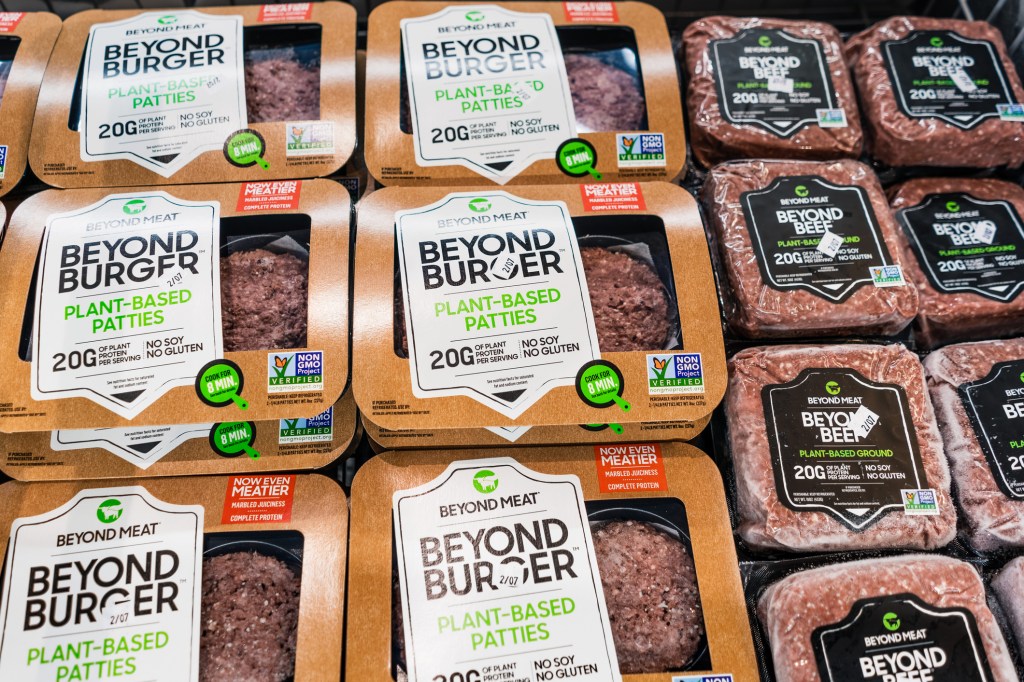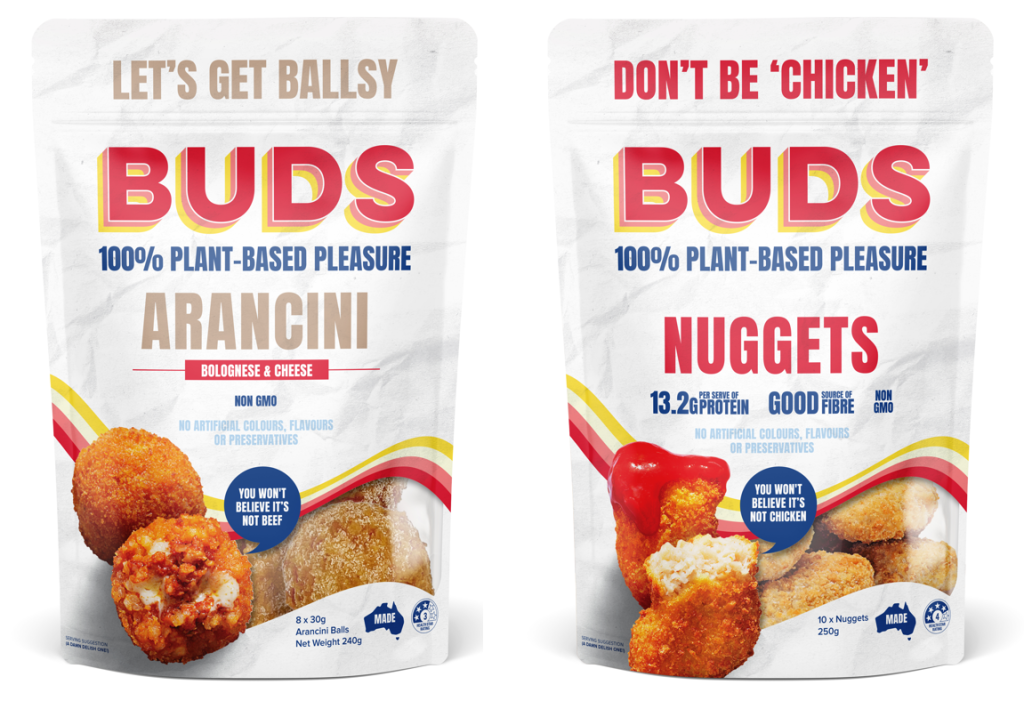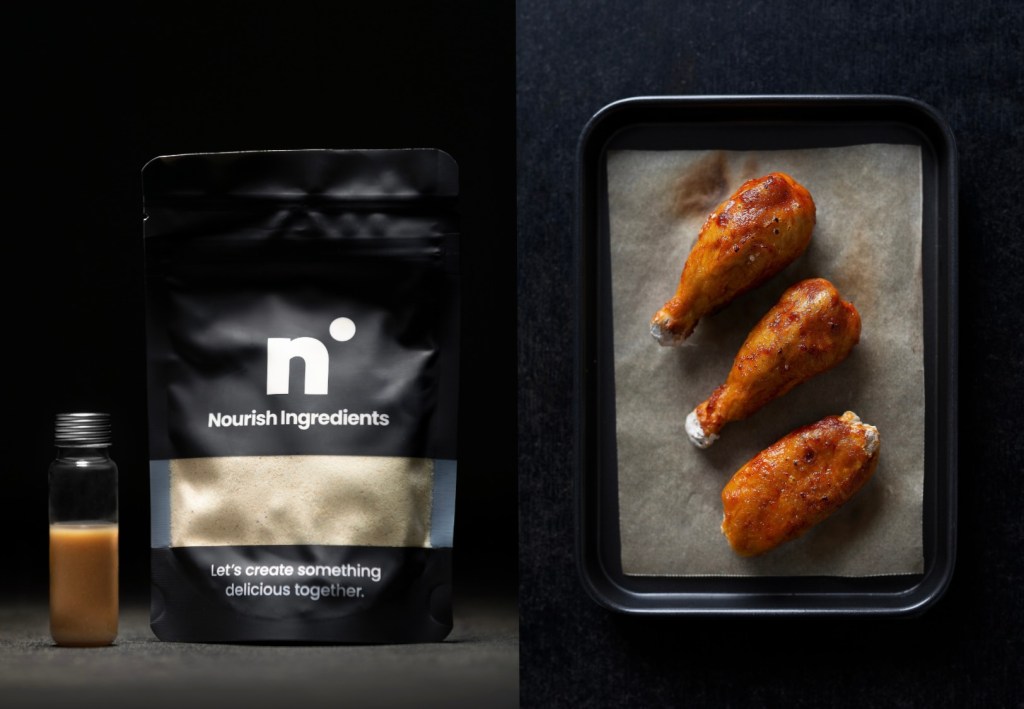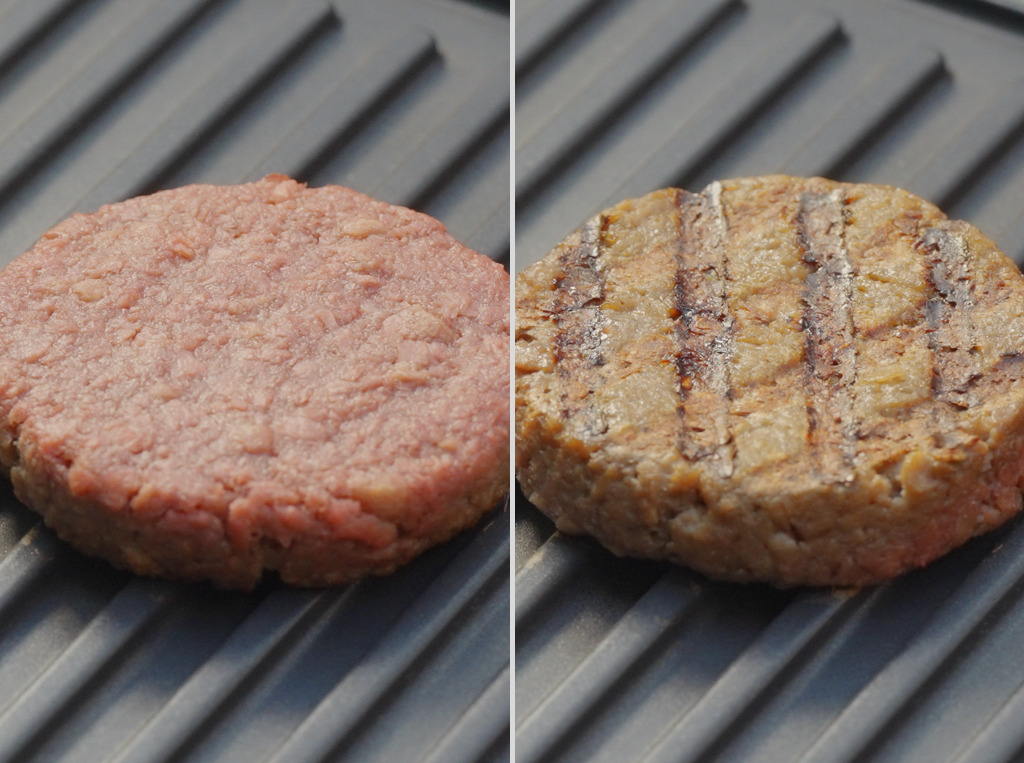Increasing popularity for meat and dairy products made from alternative proteins were among the food trends discussed in a new report from Australia’s Food and Beverage Accelerator (FaBA).
The Global Food and Trends Report highlights several key trends in which plant-based and cultivated foods will both play a meaningful role, those including: sophisticated demand; enhanced customer experiences; healthier products; environmental concerns; and business resilience in response to weather volatility, among others.
The research also highlights several opportunities in the Australia alternative proteins sector companies and cites several specific companies that are well positioned to benefit.
The FaBA researchers systematically reviewed over 50 market and research reports from market research agencies, management consulting companies, food and beverage peak bodies, research centres and government agencies as well as industry reports to arrive at their conclusions.

Increasing popularity of plant-based products
The report notes how desire for plant-based alternatives to animal-derived products is increasing worldwide in response to health and environmental concerns along with more consumers adopting vegan, vegetarian, and flexitarian diets.
In Australia, grocery sales of plant based meat increased 46% from 2019 to 2020, with the number of products in supermarkets doubling within the same period along with overall industry revenue and employment.
The increasing demand includes plant-based substitutes to dairy products (e.g., soy, almond, coconut) and seafood (e.g., algae, seaweed) along with cell-based meat analogues that complement plant-based products.

Steady move towards cultivated meat
The report cites data from Credit Suisse estimating that 35% of all meat consumption in 2040 will be cultivated. This growth is fostering significant interest and investment in the space by venture capital firms, large firms, and government.
The FaBA study says that synthetic biology and precision fermentation technology is unlocking multiple possibilities for novel food products, e.g. specialty flavours, vitamin colours, lipids, and nutraceuticals, as well as processes and potential new markets.
Growing need for a more climate-resilient dairy industry
The report emphasises the need for increased resiliency for Australia’s dairy industry in the face of climate change-triggered challenges, such as the impact of El-Nino on feed and water values in dairying regions. FaBA points to precision fermentation technology as a way to address and capitalise on these gaps by creating more cellular milk to relieve pressure made by animal agriculture on the environment.
FaBA calls attention to precision fermentation company All G Foods for its process that mimics the targeted molecules within full cream milk complementing the nutritionally dense ingredients that enhance the nutritional profile of their dairy-free products.
Meanwhile, Eden Brew is addressing the price parity issue facing animal-free precision-fermented milk and other dairy products when compared to conventional products. Eden Brew’s pending product line is expected to be sold at a comparable price to traditional animal-based milk while aligning with growing consumer acceptance of such products.

Need for improved taste and texture in plant-based offerings
The report notes how fats are a critical component of food as they serve as a vehicle for flavour, aroma, and texture. Australia’s Nourish Ingredients uses synthetic biology and precision fermentation to develop animal-free fats that address this gap in the plant-based market, which is experiencing a plateau in sales due to higher customer expectations for the product experience.
Meanwhile, plant-based meat manufacturer v2food is addressing increasing consumer dissatisfaction with differences in quality of plant-based products along with perceptions of the products as being artificially processed and lacking in nutritional value.

v2food has made significant investments in regard to these issues along with the taste and texture challenge, collaborating with culinary chefs, universities, and Australia’s science agency, CSIRO. The company also puts particular focus on their marketing communications and consumer-centred innovation.
Hosted by the University of Queensland (UQ), FaBA is working closely with All G Foods, Eden Brew, and Nourish Ingredients to develop next-generation milk, cheese, and yoghurt proteins made using precision fermentation. The accelerator has secured $50 million in federal investment for this project, with an additional $110 million to be invested by industry and research participants.
To stay up-to-date on the latest industry headlines, sign up to Future Alternative’s enewsletter.
Posted on:


